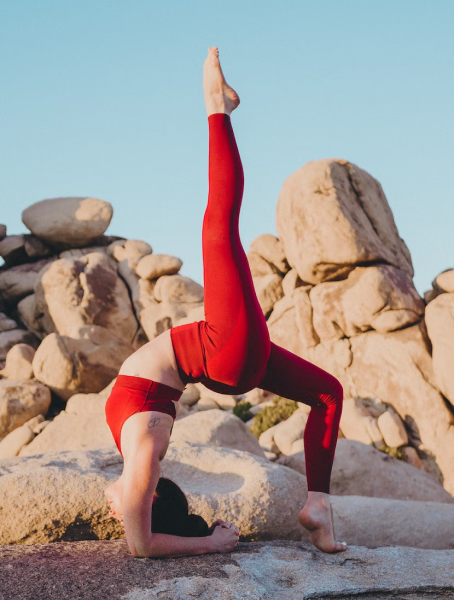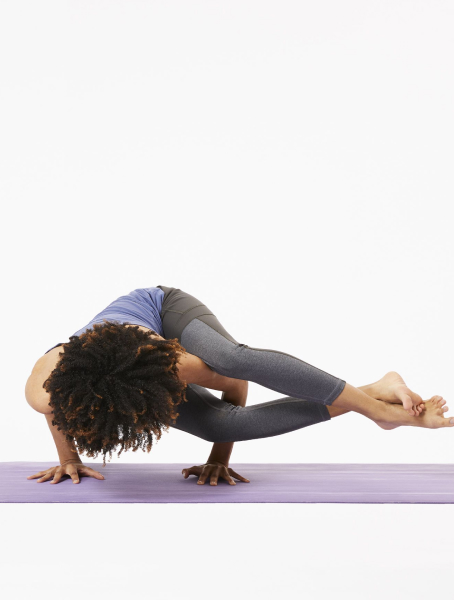The best yoga tecniques
Follow the guide to improve your tecnique and learn new yoga positions.
Follow the guide to improve your tecnique and learn new yoga positions.

While flexibility can definitely improve with practice, not everyone is designed to become a contortionist. According to MIT research, a lot of internal and external factors influence flexibility. These include:
This research indicates, too, that just because you are innately flexible in one area of the body does not automatically mean you are as agile in another. For example, if you can put your legs behind your head, you still may not be able to touch your elbows together behind your back just yet.
That being said, you can always improve your strength and flexibility. In fact, both go hand in hand. Before you take on an advanced posture, it is important to do several warm ups to condition certain areas of the body.
Astavakrasana is an arm balance twist that tests your strength and flexibility in the arms, back, abs, and legs.
Step 1: Sit on your mat in Dandasana. Hug your right knee into the chest, then hook it over your shoulder or upper arm with the elbow bent.
Step 2: Place both palms firmly on your mat, shoulder width apart. Draw your shoulders back and lift the spine, keeping the core engaged and tucked. Hook your left ankle around the right ankle.
Step 3: Inhale, press into your hands and lift the legs and hips off the mat. Bring your chest and shoulders forward, and bend the elbows at 90 degrees.
Step 4: Exhale, squeeze the arm tightly between your thighs. Shift your legs over to the right and straighten them out to the side. Hold posture for 5 - 10 breaths.
Step 5: To release, straighten the arms, bend the knees, and release the hips down to the earth. Repeat the same sequence on the other side.

Sign up to our classes to get more info on yoga poses and tecniques